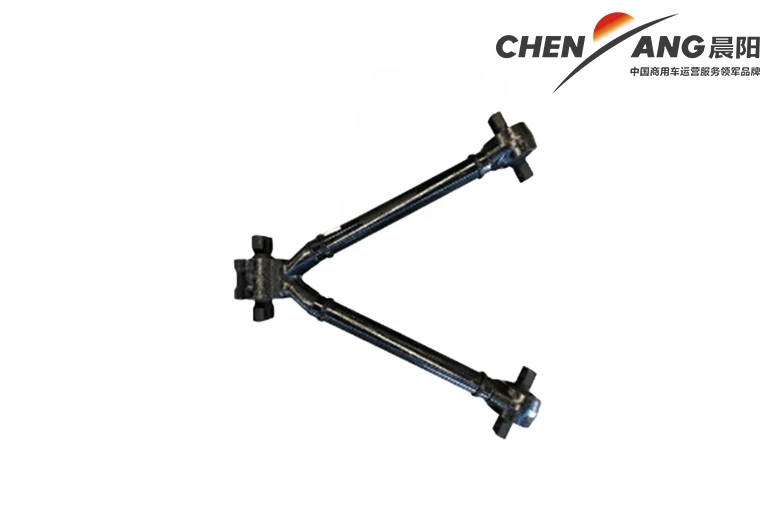Discover the Best Engine Oil Options for Your Vehicle Today
Finding the Right Engine Oil for Your Car
Maintaining your car is essential to ensure its longevity and optimal performance. One of the most critical aspects of car maintenance is choosing the right engine oil. Engine oil acts as the lifeblood of your vehicle, lubricating and cooling the engine to prevent wear and tear. However, with so many options available on the market, finding the right engine oil for your car can be overwhelming. This article serves as a comprehensive guide to help you navigate the choices and ensure your vehicle runs smoothly.
Understanding Engine Oil Types
Before diving into the specifics of finding the right engine oil for your car, it’s important to understand the different types of engine oils available. Generally, engine oils can be categorized into three main types conventional, synthetic, and synthetic blend oils.
1. Conventional Oil This is the most common and least expensive type of engine oil. It is refined from crude oil and is suitable for older vehicles that do not require high-performance specifications. However, it tends to break down more quickly compared to synthetic oils, meaning you’ll need to change it more frequently.
2. Synthetic Oil Made from chemically modified petroleum components, synthetic oils are designed to provide better protection for your engine than conventional oils. They perform well in extreme temperatures and help reduce engine wear. Synthetic oils are more expensive but often provide better performance, particularly for newer cars or high-performance engines.
3. Synthetic Blend Oil This type combines conventional and synthetic oils to provide some of the benefits of both. Synthetic blends offer improved protection and performance over conventional oils, making them a good middle-ground option.
Viscosity Rating
Once you understand the types of engine oils, you'll need to consider the viscosity rating, often represented by a “W” followed by a number, such as 5W-30. The first number indicates how the oil flows at low temperatures (the W stands for winter). The second number represents the oil's viscosity at high temperatures. Choosing the right viscosity is crucial for your engine's performance; it is typically specified in the owner's manual. Following these recommendations ensures that your engine's moving parts are lubricated effectively, reducing friction and wear.
find engine oil for your car

Climate and Driving Conditions
Another factor to consider when choosing engine oil is the climate and your driving conditions. If you live in a region with extreme temperatures, synthetic oil may be a better option due to its ability to withstand heat and cold without degrading. Additionally, if your driving habits involve frequent short trips, towing, or stop-and-go traffic, a synthetic or synthetic blend oil may provide better protection against wear.
Manufacturer Recommendations
Always refer to your vehicle's owner's manual for the manufacturer's recommendations on engine oil. This manual typically provides information on the preferred oil type, viscosity rating, and any specific certifications the oil should meet. Some vehicles may even require specialized oil that meets certain performance standards. Following these guidelines is essential for maintaining your warranty and ensuring optimal engine performance.
Brands and Certifications
When selecting engine oil, consider reputable brands that have a history of producing high-quality products. Popular brands like Mobil 1, Castrol, and Valvoline offer a range of engine oils suited for different vehicles. Additionally, look for certification labels, such as the American Petroleum Institute (API) or the International Lubricant Standardization and Approval Committee (ILSAC). These certifications indicate that the oil meets certain performance parameters and is suitable for use in your vehicle.
Conclusion
In conclusion, finding the right engine oil for your car is vital for its overall health and performance. By understanding the different types of oils, viscosity ratings, and considering your specific driving conditions, you can make an informed decision. Always consult your owner's manual for manufacturer recommendations and select reputable brands with the necessary certifications. Regularly checking and changing your engine oil according to the recommended intervals will empower you to maintain your vehicle efficiently and keep it running smoothly for years to come. Remember, a little attention to your engine oil can go a long way in preserving the life of your car.
-
Plastic Pipe Fittings-Chenyang Group|Innovation&DurabilityNewsAug.08,2025
-
Plastic Industrial Pipe Fittings - Chenyang Group | Durable, Customizable, Versatile SolutionsNewsAug.07,2025
-
2BFY Traction Series Grain Fertilizer Seeder-Chenyang Group|Integrated Seeding&FertilizingNewsAug.07,2025
-
API CI-4 Engine Oil: Superior Protection for Heavy Duty TrucksNewsAug.07,2025
-
2BFY Traction Series Grain Fertilizer Seeder - Chenyang Group | Precision Seeding, Efficient FertilizingNewsAug.07,2025
-
2BFY Traction Series Grain Fertilizer Seeder-Chenyang Group|Integrated Seeding&Fertilizing EfficiencyNewsAug.07,2025
Popular products

























